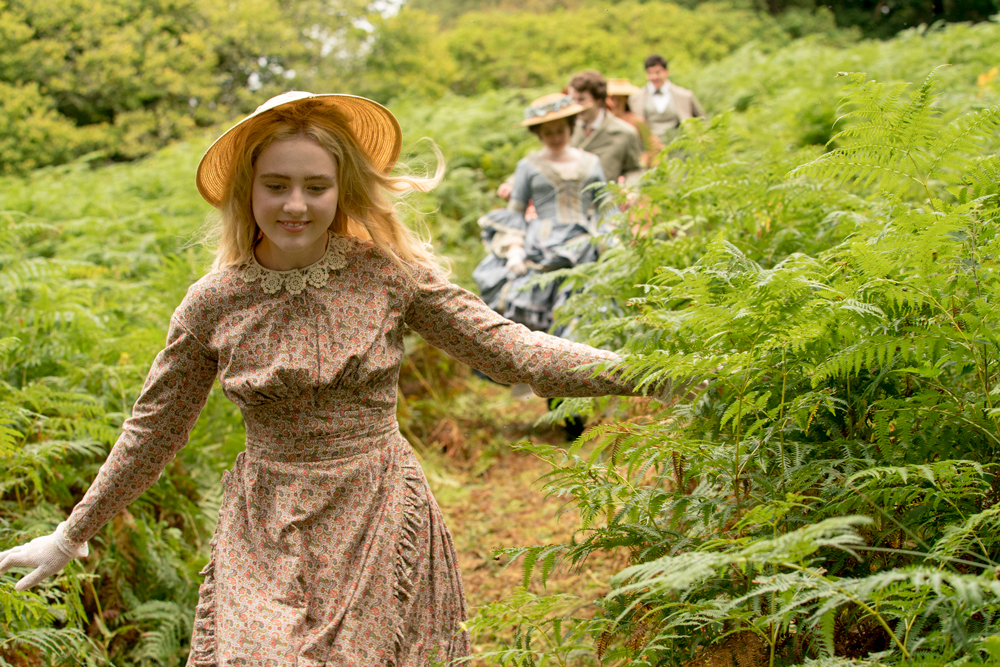- Home |
- Search Results |
- Cressida Connolly: The literary sisters who inspired me

Anne de Courcy’s biography of the three Curzon sisters, The Viceroy’s Daughters, was a great source of background material for my novel. It describes the lives of these extraordinarily privileged women, one of whom was very close to the Prince of Wales, (who abdicated his throne and became the future Duke of Windsor). Her sister Cimmie, who died young, was married to Sir Oswald Mosley. Mosley certainly had an affair with one of his wife’s sisters and very possibly with the other, as well. Gossip at the time suggested that he’d also slept with their step-mother. This milieu of careless infidelity found its way into the edges of my book. So too did the use of nick-names, as a covert way of claiming status and one-upmanship.
More broadly, I’d always enjoyed stories about sisters. Chekhov’s play, The Three Sisters, is a long-standing favourite; although it’s too sad to see more than a couple of times a decade. His sisters find themselves living in a parochial little garrison town. At first they have grand ideas about their futures, but gradually the realisation dawns that they won’t in fact get back to the bright lights of the city they yearn for. Their heartfelt cry - “I’ll never get to Moscow!” - is perhaps the most poignant expression of FOMO in literature.
It’s remarkable how often groups of sisters turn up in fiction, from the Greek myths (the Fates were sisters), through fairy-tales (Cinderella and the Ugly Sisters) to contemporary fiction, such as Jeffrey Eugenides’ The Virgin Suicides or the twins, Olanna and Kainene, in Chimamanda Ngozi Adichie’s Half a Yellow Sun. For many readers, early encounters with literary sisters come in Little Women, or I Capture the Castle, before arriving at Howard’s End, Pride and Prejudice, Sense and Sensibility and, of course, Middlemarch. (I say, of course, but it’s confession time: I have never finished Middlemarch, something I plan to make good this summer. Again.)
Wicked sisters are especially enjoyable in stories, as admirers of King Lear will attest. Goneril and Regan are among the baddest baddies ever created, much nastier than the sisters in Jane Smiley’s modern-day retelling, A Thousand Acres. Margaret Atwood’s The Blind Assassin unfolds a morally complex series of stories within stories, concerning sisters Iris and Laura. But perhaps my favourite book concerning sisters is Marilynne Robinson’s masterpiece, Housekeeping. I wish I could claim it as an influence on my own work, but Housekeeping is one of a kind. It’s such an odd, affecting story. The word haunting gets bandied about a lot, when books are talked about, but this is one that you never forget. There’s simply nothing like it.